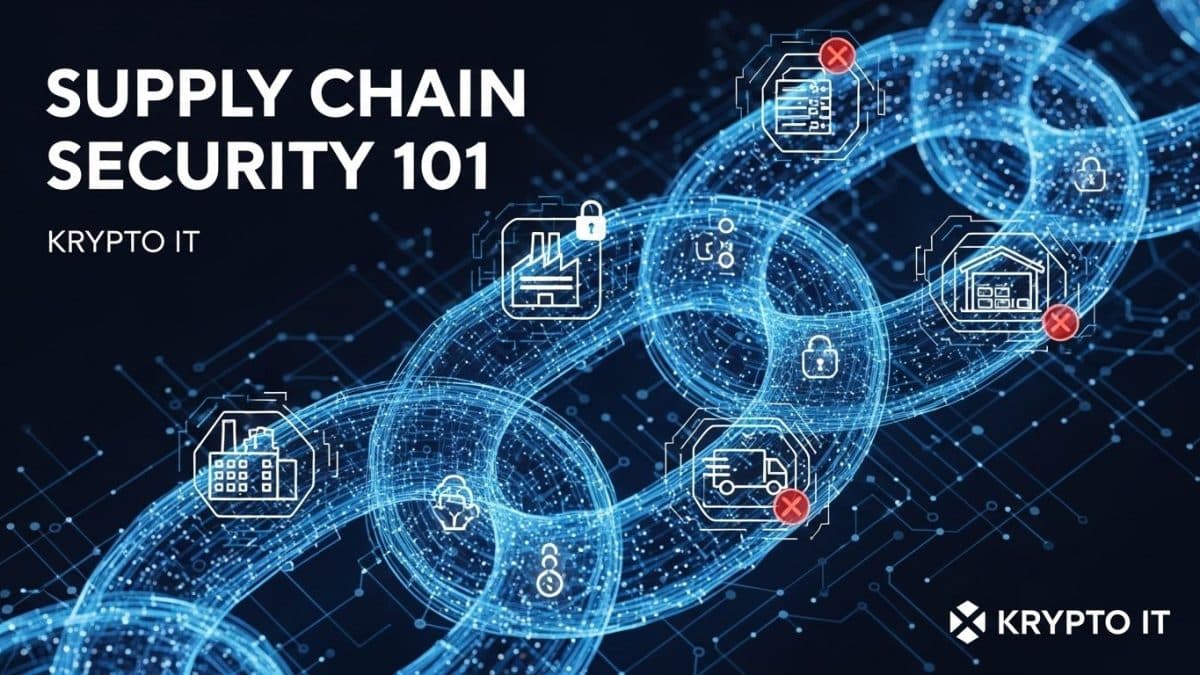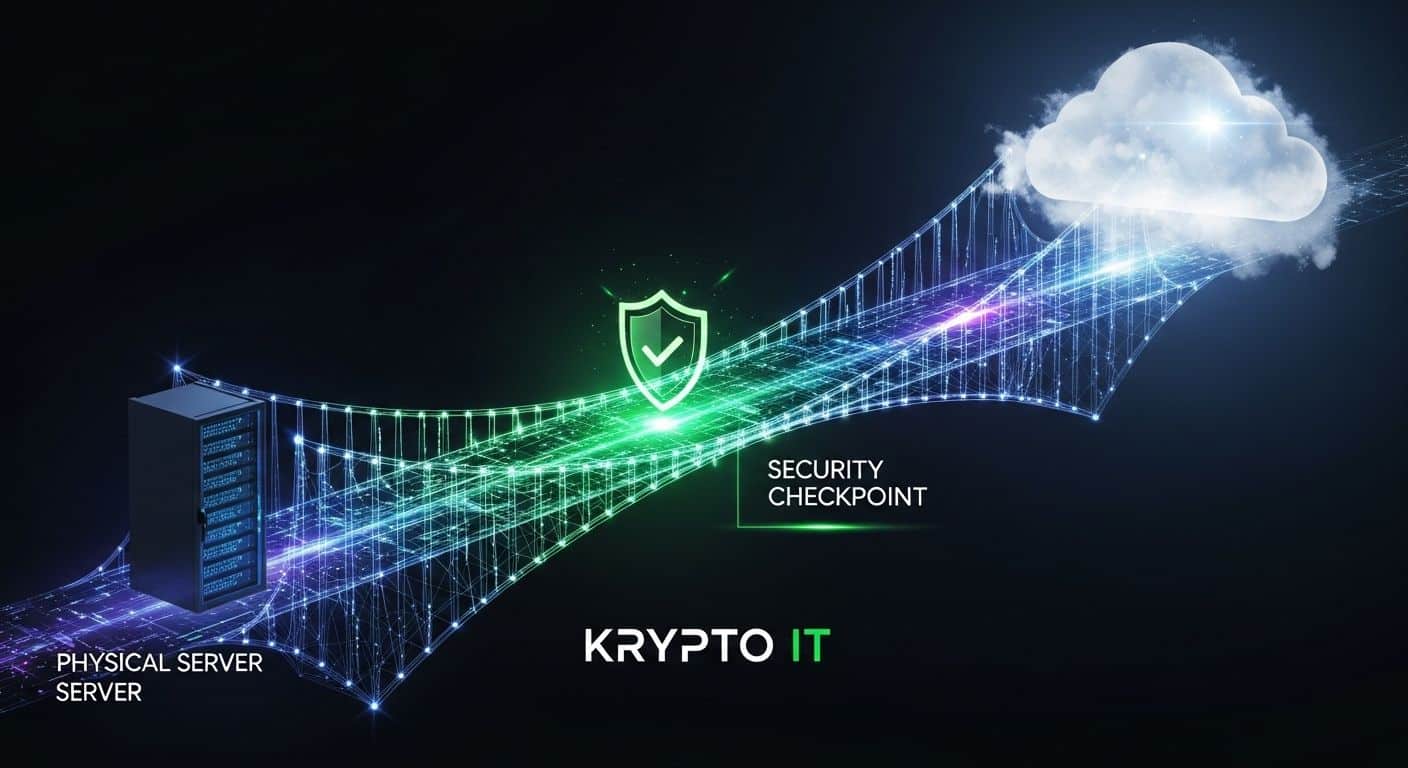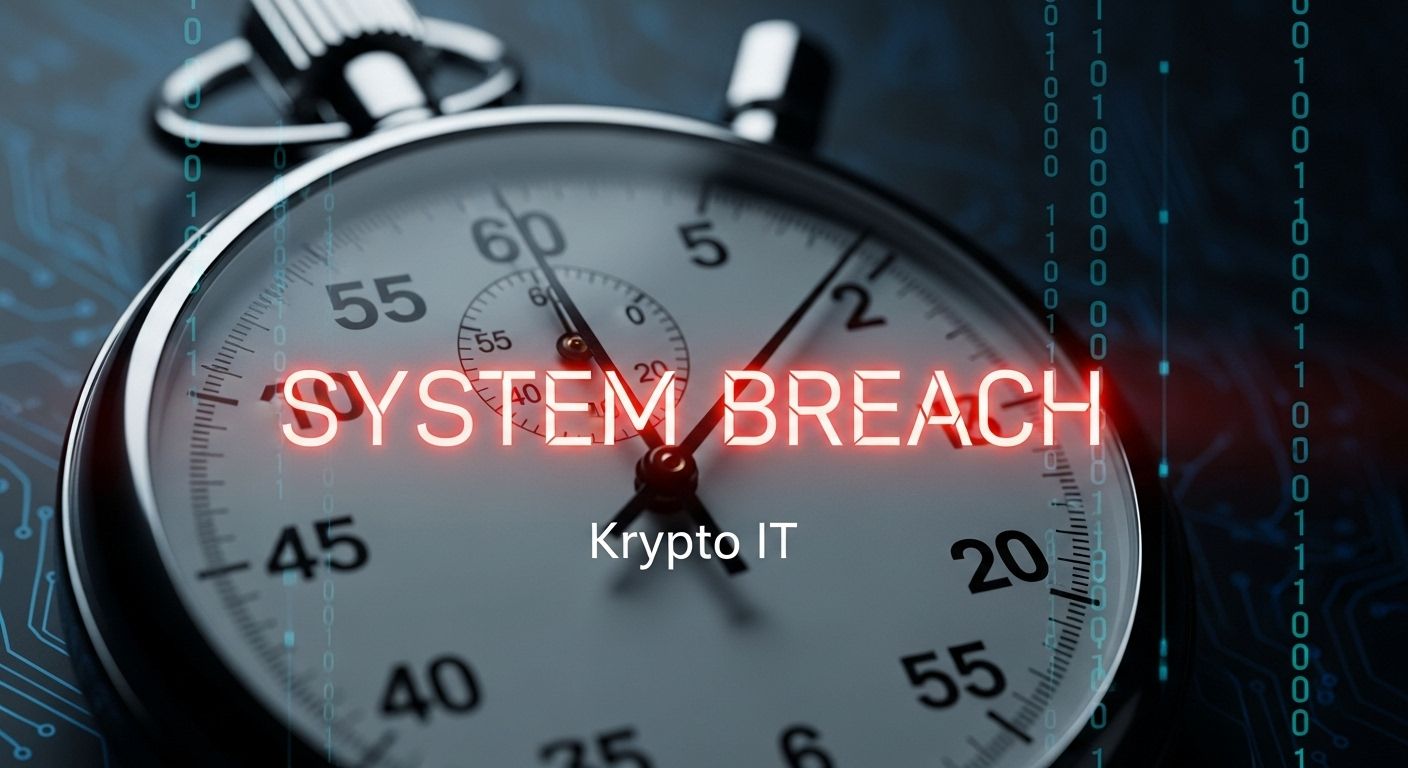
DDoS Target? Protect Your Houston Network
August 14, 2025
The BYOD Challenge: Secure Your Houston Network
August 16, 2025Protecting Your Houston Business from Vendor Vulnerabilities
In today’s interconnected business ecosystem, your network doesn’t exist in a vacuum. Small and Medium-sized Businesses (SMBs) in Houston rely on a complex web of vendors, suppliers, and service providers for everything from IT support and cloud services to payroll processing and marketing automation. While these partnerships are essential for growth and efficiency in the Houston market, they also introduce a significant and often overlooked cybersecurity risk: supply chain vulnerabilities.
Think of your vendors as additional doors into your digital house. If their security practices are weak, they can inadvertently become a pathway for cybercriminals to access your sensitive data and critical systems, potentially causing significant financial and reputational damage right here in the Houston business community. Ignoring supply chain security is akin to securing your front door with a deadbolt but leaving the back windows wide open.
The Growing Threat of Supply Chain Attacks
Supply chain attacks are on the rise globally and are increasingly targeting SMBs. Attackers often find it easier to compromise a smaller, less secure vendor to gain access to their larger, more valuable clients. Recent high-profile breaches have demonstrated the devastating consequences of such attacks, highlighting why every Houston SMB needs to take vendor security seriously.
Here’s why your vendors could be leaving your Houston network vulnerable:
- Varied Security Postures: Your vendors will have different levels of security maturity and resources dedicated to cybersecurity. A vendor with lax security practices is a weak link in your chain.
- Privileged Access: Many vendors require access to your network or sensitive data to provide their services. If their accounts are compromised, attackers can leverage this access to move laterally into your systems.
- Software and Hardware Vulnerabilities: Security flaws in software or hardware used by your vendors can create entry points into their systems, which could then be exploited to reach your network.
- Lack of Oversight: Without proper due diligence and ongoing monitoring, you may be unaware of vulnerabilities in your vendors’ security practices.
- Data Sharing Risks: Sharing sensitive data with vendors without clear security protocols and contractual obligations increases the risk of data breaches.
Securing Your Houston Supply Chain: A Practical Guide
Protecting your Houston business from supply chain vulnerabilities requires a proactive and multi-faceted approach. Here are practical steps you can take:
- Vendor Risk Assessment: Before onboarding any new vendor that will have access to your network or sensitive data, conduct a thorough risk assessment. This should include evaluating their security policies, certifications (e.g., SOC 2), incident response plans, and data protection practices. Ask specific questions about their cybersecurity measures relevant to the services they will be providing to your Houston business.
- Due Diligence Questionnaires: Utilize standardized security questionnaires (like those based on NIST or ISO frameworks) to gather detailed information about your potential vendors’ security controls. Analyze their responses carefully and follow up on any red flags.
- Contractual Security Requirements: Ensure your contracts with vendors include clear and specific security requirements, such as data encryption standards, breach notification timelines, compliance obligations, and audit rights. These contracts should reflect the specific regulatory requirements relevant to your Houston business and your industry.
- Implement the Principle of Least Privilege: Grant vendors only the minimum level of access they need to perform their services. Avoid providing overly broad permissions that could be exploited if their accounts are compromised. Regularly review and revoke vendor access when it’s no longer necessary.
- Enforce Multi-Factor Authentication (MFA): If your vendors need to access your network or systems, mandate the use of MFA for their accounts. This adds an extra layer of security even if their passwords are compromised.
- Network Segmentation: Isolate your vendors’ access to a specific segment of your network that contains only the resources they absolutely need. Prevent them from accessing other sensitive parts of your internal network.
- Regular Security Audits and Assessments: Periodically audit your critical vendors’ security practices to ensure they are adhering to their contractual obligations and maintaining a strong security posture. This may involve reviewing their security reports or even conducting your own assessments.
- Monitor Vendor Activity: Implement monitoring tools to track vendor activity on your network. Look for any unusual or suspicious behavior that could indicate a compromise.
- Establish Clear Communication Channels: Define clear communication channels with your vendors for reporting security incidents and vulnerabilities. Ensure they understand their responsibility to promptly notify you of any breaches or potential risks.
- Incident Response Planning (with Vendors): Your incident response plan should include procedures for addressing security incidents that involve your vendors. Clearly define roles and responsibilities for both your team and your vendors in the event of a breach.
- Software Bill of Materials (SBOM): For software vendors, request a Software Bill of Materials (SBOM) to understand the components and dependencies within their software. This helps identify potential vulnerabilities associated with third-party libraries.
- Ongoing Vendor Management: Supply chain security is not a one-time task. Continuously monitor your vendors’ security posture and reassess risks as their business and the threat landscape evolve. Stay informed about any security incidents that may have affected your vendors or similar organizations.
Krypto IT: Helping Houston SMBs Secure Their Supply Chain
In the interconnected digital world, the security of your Houston business is inextricably linked to the security of your vendors. By implementing these practical steps, you can significantly reduce the risk of supply chain attacks and protect your valuable data and systems. Krypto IT, based right here in Houston, specializes in helping SMBs develop and implement comprehensive supply chain security strategies tailored to their specific needs and the local business environment. We can assist with vendor risk assessments, contract reviews, security audits, and the implementation of technical controls to ensure your vendors aren’t leaving your network vulnerable.
Don’t let a weak link in your supply chain compromise your Houston business.
Contact Krypto IT today for a free consultation and take proactive steps to secure your network from vendor vulnerabilities.




